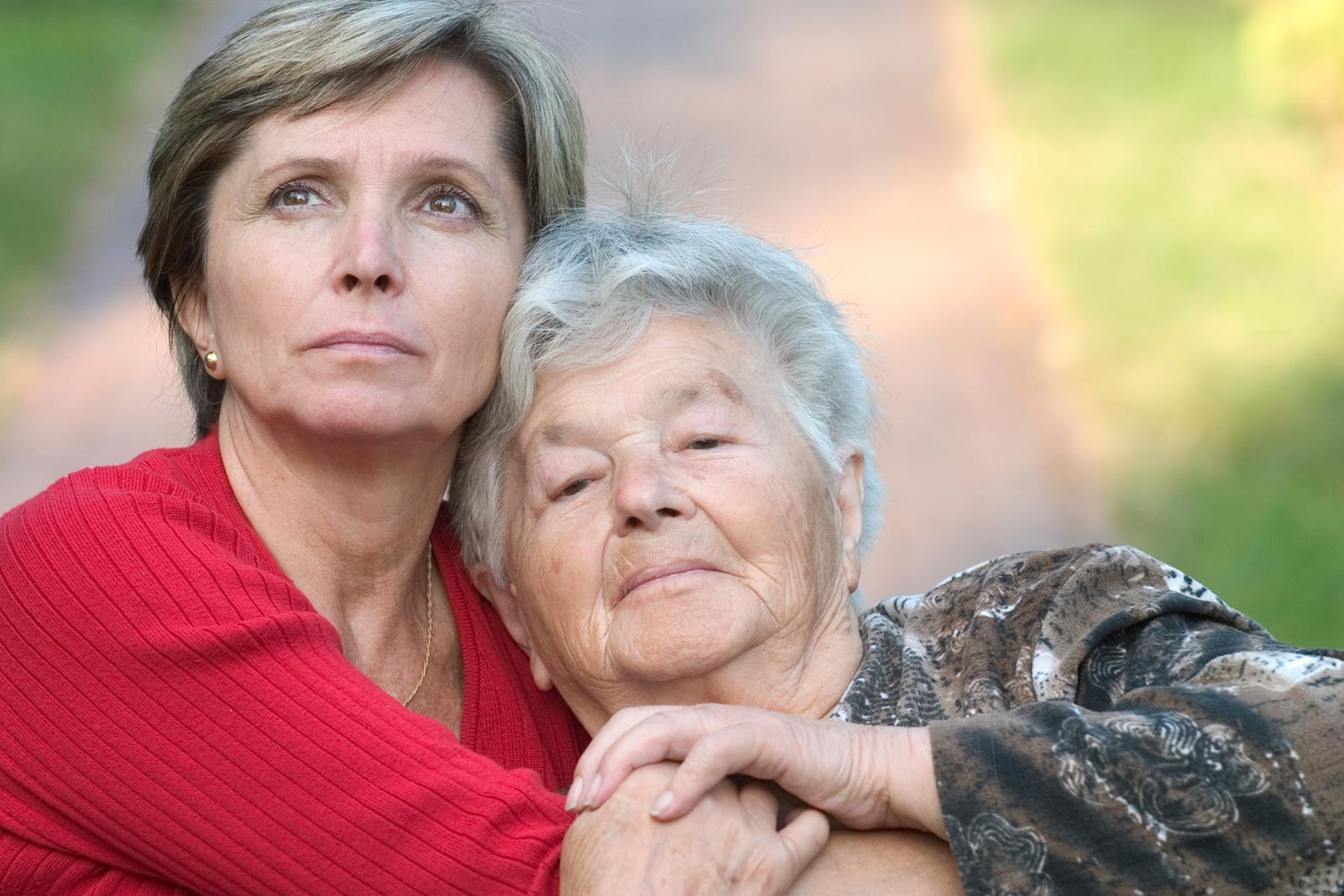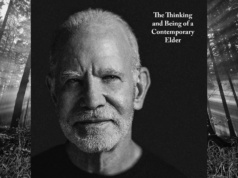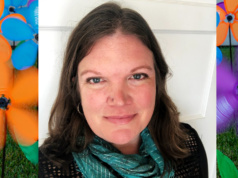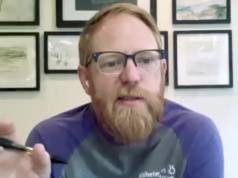Transcript
The following Answers for Elders podcast features author, innovator, Alzheimer’s and dementia family coach Faith Marshall. and welcome back everyone to part three of a four part series on family dynamics and specifically dealing with a love one that may be have has Alzheimer’s, dementia, or you’re just thinking about care transitions or how does the family get involved in doing the right thing by mom and dad, and we are here with the wonderful Faith Marshal who is a great coach, for better words, with families and Faith you work with families, obviously, in the beginning stages, the middle stages and probably throughout the process of the care of a loved one? And you know- we’ve talked this first hour. Our first half hour about you, know kind of the dynamic of you know the team family, and you know i guess what are your thoughts. You know that we’ve talked about it, but we haven’t really talked about the loved one themselves. So how does this? How does the love one play into the picture? Well, the loved one is really what this is all about and all of the other family dynamics, and all of that are really following the lead of the loved one where, where are they at where they at emotionally? How are they dealing with this diagnosis themselves? Do they even understand it, and one of the things that is critical is what’s called patient centered care, so the family has to come to terms with what is the best way to deal with this loved one and where they’re going in their mind and where? What? Where are they today and what are they talking about, they might be talking about, they need to go apply for a job. I need your help with this and you’re not trying to convince them. They don’t need a job they retired in you know in one thousand nine hundred and ninety nine, why did they need a job? It’s about? Okay? Well, why don’t we work on that after lunch or maybe a little bit of a it’s called redirecting them, but it’s really all about the patient. The patient is the one that this is all about and they’re the one who’s driving the bus and you just have to step in and go where they want to go today, and they can be perfectly fine one day and you can talk about the weather and you can not have any stress and then the next day they have the sense of urgency and they think they need to get a job, because their mother needs help and their mother might have been gone for twenty years, but they it’s where they’re at in their head and one of the things this illness does is it’s kind of a blessing. They go so far back in time that they’re like pulling stuff out of this hard drive in their head from years ago. My mom was telling me all about what dress she wore to prom and she never want had told me that before i hadn’t i heard stories i never heard before yea, so one sibling was always trying to redirect back to the present and then gradually. We all got on the same page where we realized that it didn’t matter who was right and he finally got to the point where it was like. You know it’s okay, mom mom would say. I don’t think i remember and he’d say it’s: okay, mom, you know you meet new people every day and you never heard the same joke twice. So we just kind of made made a joke out of it and and just kind of moved on right. But one thing is for sure in this journey. Is you really never know what to expect true true, and i think the other thing what you’re saying is so so true in the fact that you know above and beyond anything, no matter where you know what mindset your loved one is in they are, they have a right to their dignity. I think a lot of times. You know when you’re correcting- or you know- and i was guilty of this- you know i didn’t know any better, but if you’re trying to correct your loved one or make them feel bad because they don’t remember things or you know anything like that- that you know that is not the proper way to deal right and and have that element of check your own ego at the door beaaty. I think the other thing that happens with with you know, even though your loved one may be advanced in the advanced stages of all sobers dementia they’re, still going to press your buttons, oh yeah. You know i learned in my way of of dealing with my mom. There were times that i you know she would push my buttons and i just could feel the steamrising, and i just and i just said, i’m going to go for a walk, i’ll, be right, back mom, and then i would go around the block. You know where she was in the care facility and i would walk the whole bock around, and sometimes it was pouring down rain, ow and in rainy seattle, but it was good for me because i got me away from the scenario it got out and i was able to take a deep breath and sometimes i’d call a girlfriend, and- and that is the other thing that i always talk about, is if you have a friend that you’re, you know that you are close to, that is offered support to you in the care of your loved one. The best thing that you can have a friend do is be there for those times. You know and listen wit. I want you to be my greatest listener. I want to be able to vent with you. I want to go out to lunch and have you know have a glass of wine together. I want to be able to do things to to bring joy to my life because, right now i don’t have a lot of that, and that’s really you know those are the things when i, when i think about families- and you know how things happen, sometimes just being that sibling that says to that person, that’s on first taking care of that loved one. That’s rotten really on first is the fact of you know be there as just somebody to that is there to listen, i think is so valuable and it be that safe. You know, sanctuary that that person can call and say, you’ll, never guess what happened today, because exactly very strand don’t try to fix it because too many times in a conversation, people start offering you suggestions. If that’s not what you mean you there you’re googling all that stuff or you have a coach for that stuff. You just need someone to listen to. You can’t believe what she just did. She put all this. She put the corn flakes in the clothes dryer. It can be all kinds of you know, just like what the heck things yeah so need. Remember. My mom took my car keys. Luckily, i had a spare par at home, but she just took my car case one day and just took him out of the the admission or you know the ignition and and when i was parking and- and she just took him out and all of a sudden, she just took him and just flung him out the window i was like. I did nowhere and i just went, and i could never find him because it was this field out there right. I don’t even know what spurted on she was totally normal like for her for her normal right it these things happen, and it’s just like you have to just roll with the punches and be you know, and i had to call a friend and come get me so i could go get a tarte that could have just been simple as pushing your buttons. I was just like okay. Well, there are so many things that we can do to support the loved one yeah and one of the things that really helped my mom was dancing and that’s how i came up with the and remember when you feel the beat dance because of that. Well, she could be having this weird fun. She always wanted to go to work, so she didn’t want to be in her room when she did move into a assisted living and so a way to kind of circle. Her back was to play music. Sometimes she would sing along or hume. She was really good at humming and if it was something that had a good beat, she wanted to dance. It didn’t matter where she was because she had a history of dancing. She used to perform with the gadabouts and tap dancing and all of that as a senior. So it was finding finding what will ground them and bring them back to something that they find joy in, and i remember setting her down at the piano one time and she used to play the piano. She was afraid she didn’t want to try because she didn’t want to mess up, because she knew that she was having trouble with her memory. I just started playing chopsticks and then she started playing along, so you really never know where it’s going to go, but the main point is is giving them some joy, helping them find some joy whatever. That is as crazy as it may sound well, and you know what what better thing to do when, when you think about just to frame your mindset to say what can i do to bring joy to mom today, i remember when i went to go visit her when she was in skilled nursing. This is towards the end of her life and every time i went to visit her, i just swung by the local grocery store, and i grabbed a small thing of ice cream and root beer yeah. It was in the summer time and i would come every time i would visit. I would bring root beer floats yeah. That was like, oh my gosh, and what did that cost me like five dollars right? It was nothing, but it was everything to her, and you know those are just to think. Beyond of what can i do to bring joy, and i think i love that music is a wonderful thing to think about like what you’re saying dancing, they may not be able to dance due to mobility issues, but you could certainly you know, move in the chair with them or read a story or bring a photo album and look at you know, look at pictures from you. They may not recognize certain people and that’s okay, but it’s having that connection and it’s having that ability to. You know to really find a way to bring that smile to their right and know that you know life there’s a lot of things that we can do together right and then, when, when i was having difficulty, if i had a negative experience with mom, i was sometimes afraid to go back the next day. I knew logically she’s not going to remember it, but i did. I would take a friend with me to go visit because when someone else would come in that was a new face for her to see it was. She may not remember them either, but it it just changed the dynamic of the conversation. I would always remind people to please don’t just look at her and say: do you remember me or what is my name because you’re putting them on the spot and mom was really good of saying, oh look, who the cat dragged in or something just funny that was, she managed to keep her sense of humor yeah and s. She learned how to dance around the what’s their name and- or i would say, remember joan she’s here to visit you today and kind of give her that que so yeah, it’s just helping them, helping them to not feel awkward or ye’ll forgetful right right, yeah, yeah! Well, you know what we’re going to talk a little bit more about this on our last segment, and so everyone Faith is coming up right after this and we’re going to talk about again we’re here talking about siblings and how we can best be there as a family and how to put a plan together and part forts coming up right after this. Thank you.












